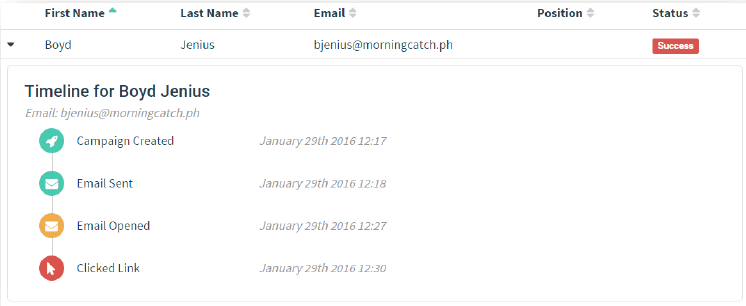Software, tools & support you need for cyber security education.
Our security awareness solutions are designed to educate users on the security policy of an organization, help to foster an understanding of how the policy protects the business, the employee, and customers.
The security awareness focus for users include - educating users on the creation of good passwords, do’s and don’ts for maintaining workstations, informing users of email and Internet access policies, employee responsibility for computer security, reporting procedures and emergency procedures, how to identify social engineering tactics, how establishing and enforcing security policies can impact the “bottom line” (limiting system downtime, protecting business critical information, etc.), public relations impact of DoS attacks, viruses, etc., and how security standards can help limit this risk, increase in productivity generated by using standard, locked down systems to minimize user downtime

Aziksa Security Awareness Training specializes in helping employees understand the mechanisms of spam, phishing, spear-phishing, malware and social engineering and are able to apply this knowledge in their day-to-day job.
Data Protection
Insider Threats
Malicious Links
Malware
Mobile Devices
Passwords
Physical Security
Security outside the Office
Social Networking
Social Engineering
Spear Phishing
Surfing the Web
Hundreds of cyber security awareness quiz questions available with our courses. You can use multiple choice tests, essay questions and explanatory responses.
Self scoring quiz with certificate
Question banks with the quiz and essay
Assessment with questions pool and timer
Audio/Video/Document upload for essay questions


Aziksa uses the latest technology to ensure a responsive design on mobile platforms including most tablets and smartphones. We recently added mobile web-conferencing and video-sharing options for iPhone and Android apps.
Ios and android app
Tablet ready
Attend live virtual classes
Play course videos
A phishing simulation program (also commonly referred to as “self-phishing” or phishing assessment program) is a customizable awareness program used by information security professionals in education and private industry. This highly effective training program allows organizations to simulate phishing e-mails, help identify which end users are more susceptible to such targeted e-mail attacks, and engage in more focused training opportunities to help users recognize phishing attempts.
Over the last few years, thousands of organizations in the U.S have started to phish their own users. IT departments have realized that doing this is urgently needed as an additional security layer. Today, phishing your own users are just as important as having antivirus and a firewall.
Find out what percentage of your employees are vulnerable with our free phishing security test.
When it comes to rolling out training for your users, the Aziksa Learning platform does the heavy lifting for you, saving you the hassle associated with setup and chasing down users to complete their training.
A “Template” is the content of the emails that are sent to targets. They can be imported from an existing email, or created from scratch. Additionally, templates can contain tracking images so that you know when the user opens the email.
You can customize scenarios based on personal information, creating targeted spear-phishing campaigns, which replace fields with personalized data.

Each Phishing Email Template can also have its own Custom Landing Page, which allows for point-of-failure education and landing pages that specifically phish for sensitive information.

Your customized Phishing Templates can also include simulated attachments. This is helpful if you want to create an attachment that simulates a malware infection. In fact, it should be possible to create attachments that will update the campaign if the attachment is open, giving insight into which users are susceptible to opening malicious files.
You'll see reporting for phishing campaigns as well as a general overview of your last 5 campaigns, and you can drill-down into one-time and recurring campaigns for more detail.

